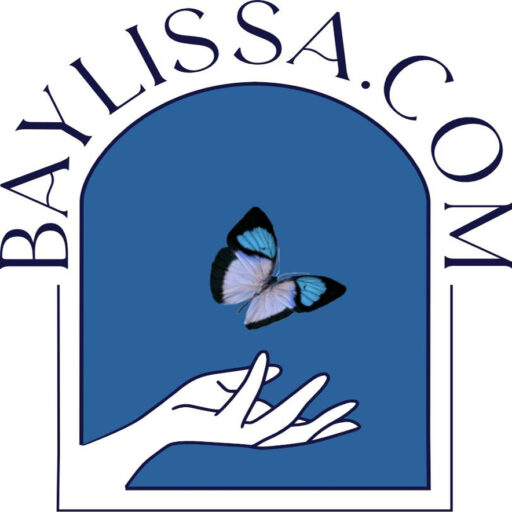Staying safe online is essential for your well-being and ensuring a positive experience while seeking support and information. Here are some tips for staying safe, setting boundaries, dealing with sensitive situations like suicidal ideation, and managing direct messaging:
Protect your privacy:
Be cautious about sharing personal information such as your full name, address, phone number, financial details, information about family members, etc. Use a username that does not reveal your identity and consider creating a separate email address for online interactions to maintain privacy.
Potential friendships:
Online, you will meet all sorts of people from all walks of life, including people who are dealing with unresolved trauma and other problems that can make them emotionally fragile, sometimes angry or confrontational, or extremely pessimistic. Sadly, you may also meet people who are outright bullies, people with narcissistic traits, some highly dramatic, and more. You will also meet the most compassionate, lovely, kind people. Some of them could become dear friends and others you may never hear from after they heal. I hope you will have wonderful, supportive people in your circle.
Verify information:
Evaluate the credibility of what you are told online. An increasing number of people are contacting me after being told they won’t heal unless they do something specific. When they try what is recommended and they react or they notice they are not healing, they become desperate. I still spend much of my time crisis managing these individuals. Please… if you have deficiencies or concurrent health problems, it is important to address them. It is good too, to be proactive as you heal and to engage in social, physical, and neuroplasticity-promoting activities such as mindfulness, polyvagal and somatic exercises, brain retraining, etc., if/when you are able to. But please be careful when you are told you won’t heal unless…. In almost 2 decades of supporting people, the anecdotal evidence proves otherwise. So be cautious about subjective opinions and pseudo-scientific theories that result in an exacerbation of symptoms.
Here is a link with some information on neuroplasticity:
Set boundaries:
Establish clear boundaries as you participate. Decide how much time and energy you are willing to devote to interactions and prioritize your self-care. It’s okay to disengage from discussions that feel overwhelming or triggering and to set limits based on what you feel comfortable discussing. Remember that vicarious It is wise to take technology breaks and to do things that are grounding like interacting with nature, maybe starting a course, being creative with hobbies, etc. Whatever your symptoms permit.
Be respectful and supportive:
Treat others with kindness, empathy, and respect. Avoid making judgments, comparing, competing to be the worst affected, or offering unsolicited or subjective opinions and advice (including what could be deemed medical advice). Instead, focus on providing support, validation, and encouragement to other members who may need support or simply want to share their experiences.
Be cautious when direct messaging:
Be cautious when engaging in direct messaging with other members, especially if you are sharing personal information or discussing sensitive topics. Set boundaries for direct messaging interactions and only communicate with individuals you trust. If you feel uncomfortable or receive inappropriate messages, block the person and inform the moderators.
No crisis managing:
If you encounter someone who is struggling and appears to be unsafe, take it seriously, respond with compassion, and let a moderator or admin know. Do not let anyone swear you to secrecy. Encourage the person to seek help immediately by informing their ‘safe person/next of kin’ or by calling a crisis hotline, their doctor, or the emergency services in their area if no one is available. Provide them with resources and support while emphasizing the importance of their safety and well-being.
Report concerns:
If you encounter harmful or abusive behaviour, misinformation, or violations of the guidelines, report it to the moderators or administrators. They will address inappropriate conduct in order to maintain a safe and supportive environment for all members.
By following these guidelines and staying vigilant about your safety and well-being, you can navigate you way online effectively while accessing valuable support and information. Remember to prioritize self-care, take breaks, and maintain your boundaries. If you use these spaces wisely, they can be excellent sources of support and validation. I hope this will be the case for you.
With much compassion,


